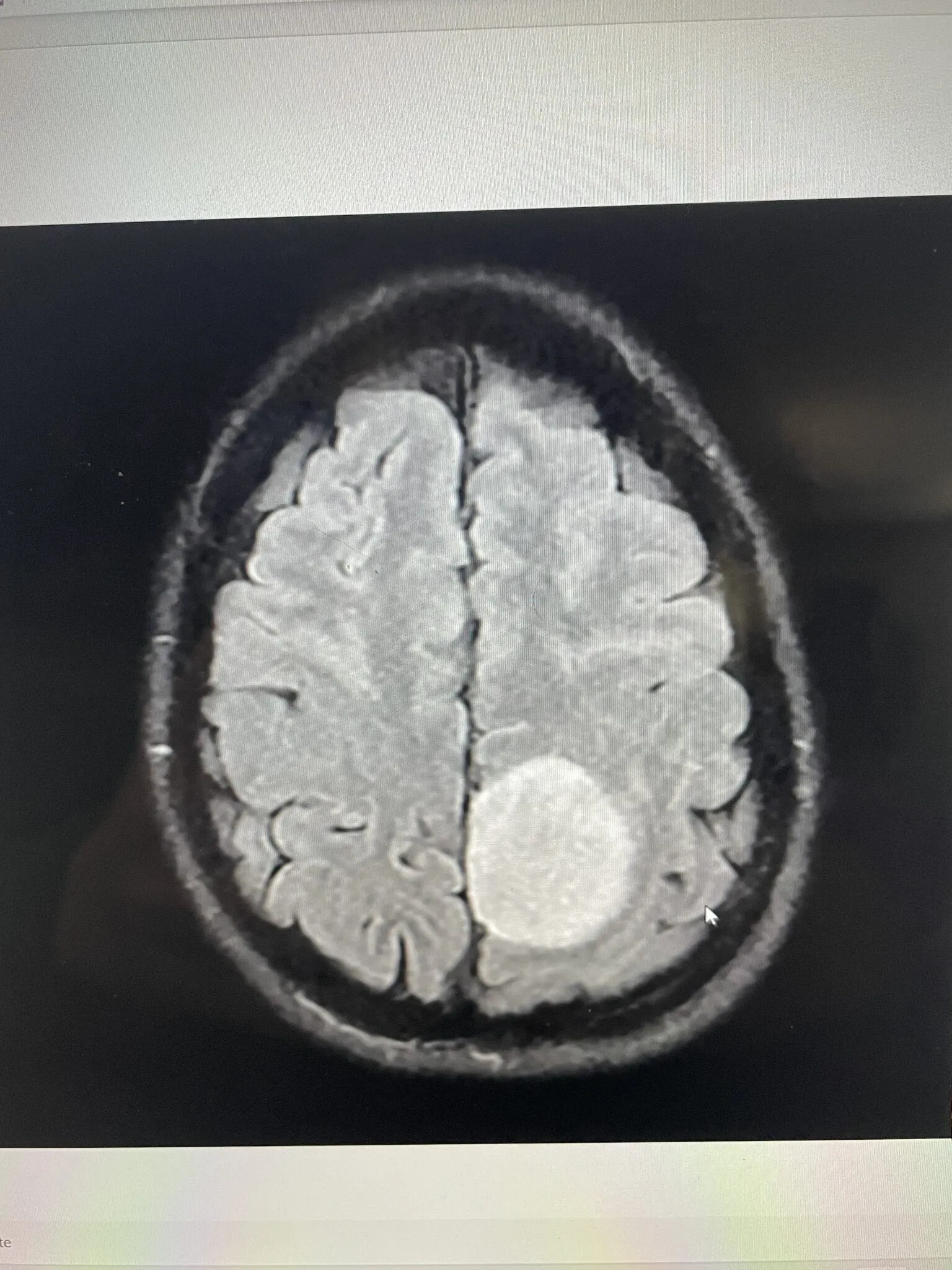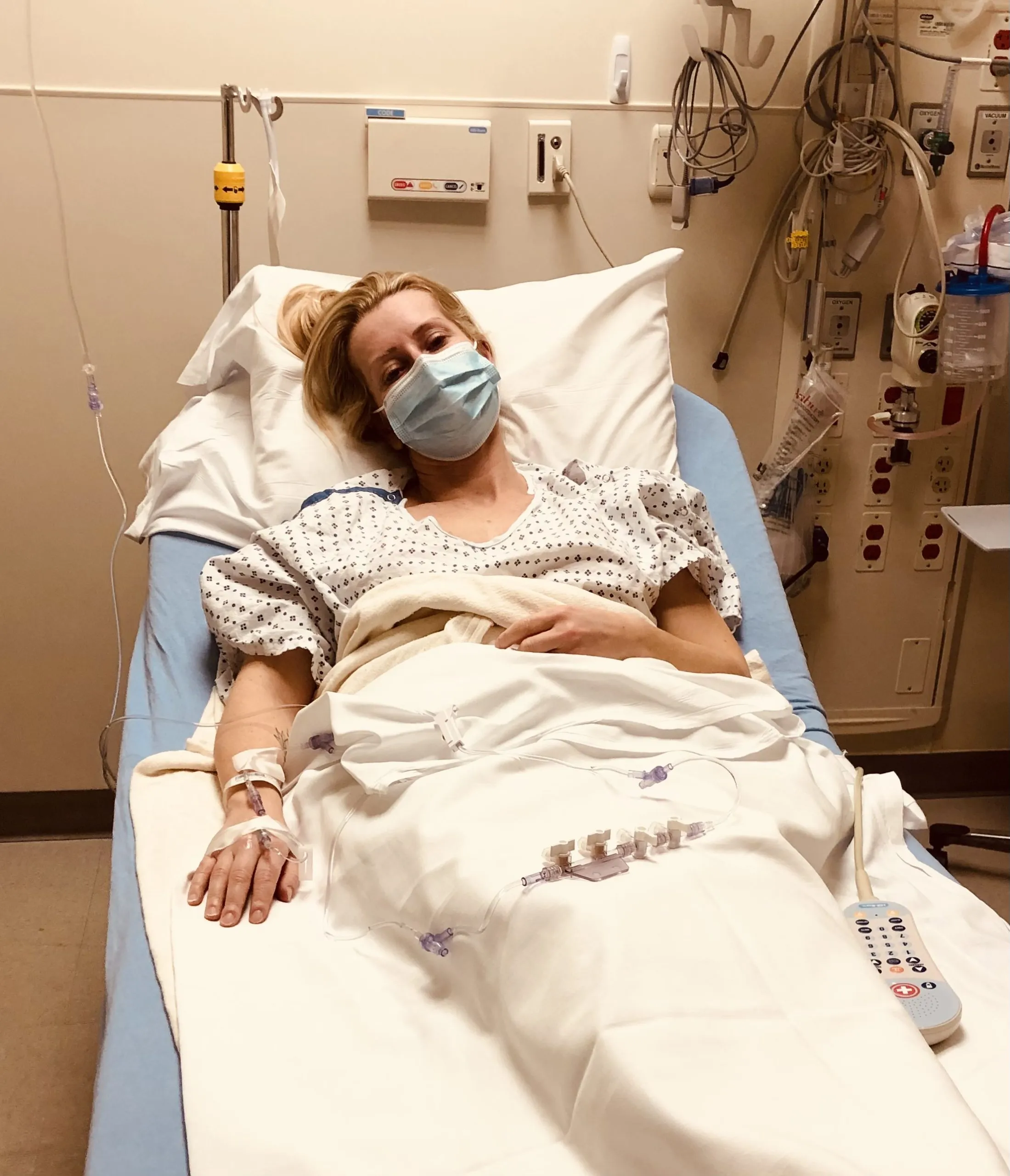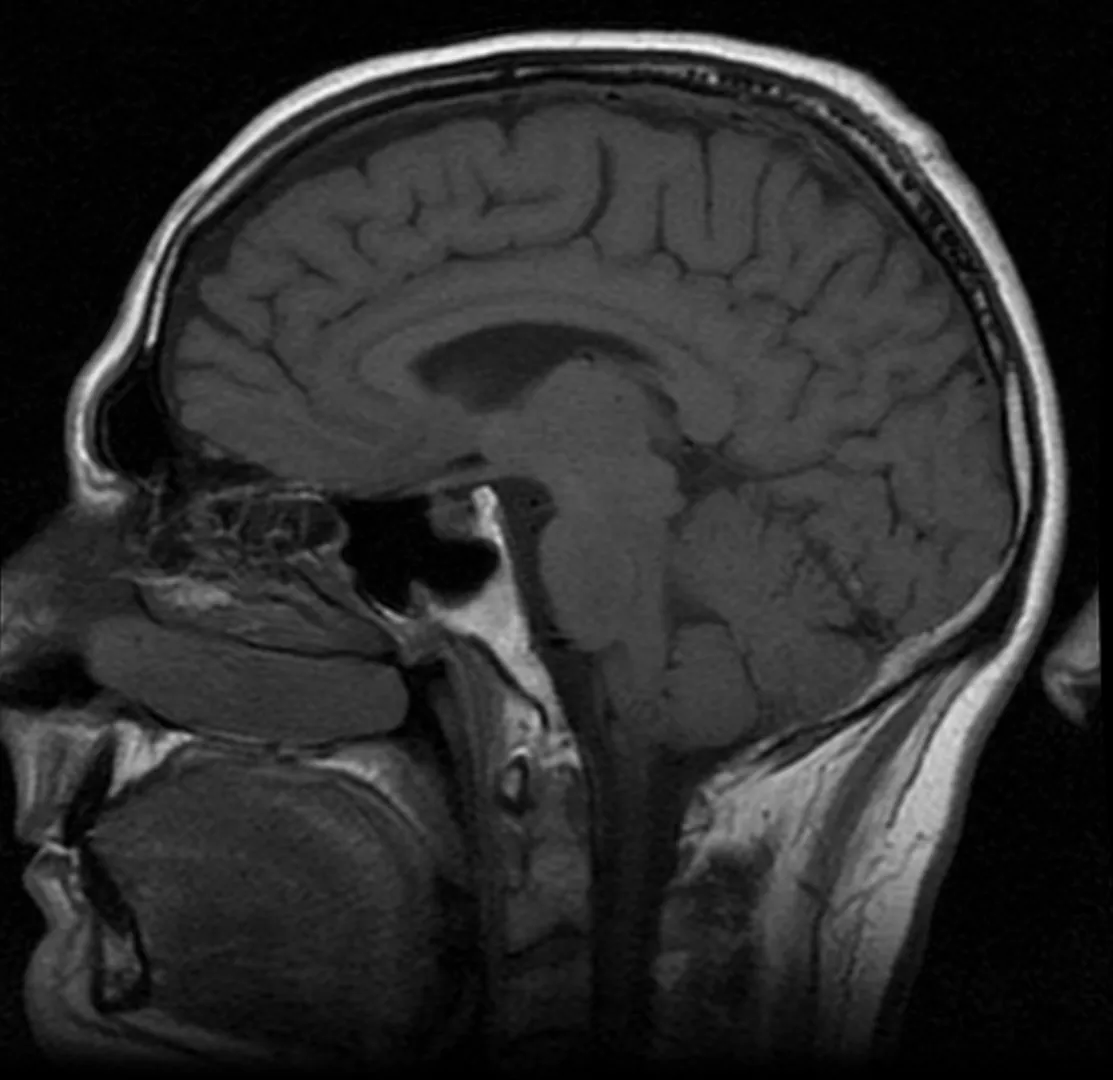Understanding Honeymoon Brain Tumors
The term “honeymoon brain tumor” is a metaphorical and poignant phrase used to describe the potential correlation, or the unfortunate timing, between a period of intense, often joyous, life changes—such as a honeymoon—and the diagnosis or discovery of a brain tumor. While not a medically recognized term, it highlights that a significant life transition can coincide with the onset of symptoms or a diagnosis, bringing the disease into sharp focus during an otherwise happy occasion. It’s crucial to understand that a honeymoon doesn’t cause a brain tumor, but the experience might bring related symptoms to the surface, prompting medical investigation.
What is a Brain Tumor?
A brain tumor is an abnormal growth of cells within the brain. These tumors can be either cancerous (malignant) or non-cancerous (benign). Both types can cause problems by putting pressure on the brain and disrupting its normal functions. Brain tumors can originate in the brain (primary tumors) or spread from other parts of the body (secondary or metastatic tumors). The impact of a brain tumor varies depending on its size, location, and type. Early detection and diagnosis are critical for effective treatment and better outcomes.
Types of Brain Tumors

Brain tumors are classified based on the type of cells involved and their characteristics. Common types include gliomas, meningiomas, and pituitary tumors. Gliomas originate from glial cells and can be highly malignant. Meningiomas develop from the meninges (the membranes surrounding the brain and spinal cord) and are often benign. Pituitary tumors arise from the pituitary gland and can affect hormone production. Each type has different growth patterns, symptoms, and treatment approaches. Recognizing the specific type is essential for accurate diagnosis and tailored care. See image: brain-tumor-types.webp
How Brain Tumors Develop
The exact causes of brain tumors are not always known, but they often involve genetic mutations or environmental factors. These factors can cause cells to grow uncontrollably, forming a tumor. Risk factors can include exposure to radiation, family history, and certain genetic conditions. Tumor development is a complex process, and research is ongoing to better understand the underlying mechanisms. The timing of symptoms could arise with major life changes such as a honeymoon because stress or changes to routine can make symptoms become more apparent.
The Connection Between Honeymoon and Brain Tumor
The ‘honeymoon’ aspect is coincidental, referring to the period around a major life event (like a wedding and subsequent honeymoon) when health issues, including symptoms related to a brain tumor, might become apparent. This could be due to increased stress, changes in routine, or the simple fact that individuals are more attentive to their health during times of celebration and transition. The stress, excitement, and travel can exacerbate or make subtle symptoms more noticeable, leading to earlier detection, and prompt medical attention.
The Stress Factor

The anticipation and preparation for a wedding, followed by the honeymoon itself, can create significant stress for many individuals. Stress can manifest in various physical symptoms, which may overlap with the symptoms of a brain tumor, such as headaches, fatigue, and changes in sleep patterns. Although stress does not cause brain tumors, it can potentially amplify existing symptoms, making them more noticeable or leading to earlier medical consultation. See image: honeymoon-stress.webp
Changes in Routine and Environment
Honeymoons often involve significant changes in routine and environment, such as travel to new locations, altered sleep schedules, and different diets. These changes can place additional strain on the body and can make underlying health issues more apparent. For example, changes in altitude during travel can worsen headaches, while unfamiliar foods can trigger digestive issues. A change in routine may make the symptoms of a brain tumor noticeable to the person, or a doctor.
Diet and Lifestyle
During a honeymoon, diet and lifestyle habits may shift due to dining out, indulging in treats, and potentially neglecting regular exercise. These changes can influence overall health and may affect how any existing health conditions are managed. A less healthy diet, or changes in alcohol consumption, may not cause a brain tumor but could contribute to symptoms that are more noticeable. Ensuring proper rest, a balanced diet, and maintaining a consistent lifestyle, can support overall health.
Top 5 Alarming Facts About Honeymoon Brain Tumors

Fact 1 Risk Factors
The exact causes of brain tumors are multifaceted, but some factors increase risk. These include exposure to radiation, a family history of brain tumors, and certain genetic conditions. While the honeymoon itself doesn’t cause a tumor, being aware of personal risk factors is crucial. Monitoring health and promptly reporting symptoms is vital. It is crucial to maintain an awareness of risk factors, and not to think the honeymoon itself is responsible.
Fact 2 Symptoms to Watch For
Symptoms of a brain tumor can vary, but some common signs include persistent headaches, seizures, vision changes, nausea, and cognitive difficulties. The symptoms can vary widely depending on the location, size, and type of tumor. It’s important not to dismiss these symptoms, especially if they are new, persistent, or worsening. Early recognition of warning signs significantly improves the chances of successful treatment. See image: brain-tumor-symptoms.webp
Fact 3 Diagnostic Process

The diagnosis of a brain tumor involves several steps, including neurological exams, imaging tests (such as MRI and CT scans), and possibly a biopsy. Imaging tests help to visualize the tumor, while a biopsy is done to confirm the diagnosis and determine the tumor type. The diagnostic process is essential for determining the most effective treatment plan. Prompt medical attention and thorough evaluation by specialists are essential. See image: brain-tumor-diagnosis.webp
Fact 4 Treatment Options
Treatment options for brain tumors vary based on the type, size, and location of the tumor, as well as the patient’s overall health. Common treatments include surgery, radiation therapy, chemotherapy, and targeted therapy. The treatment plan is often customized to the individual patient, and the goal is to remove or shrink the tumor and manage symptoms. Advances in medical science continue to improve the effectiveness and reduce the side effects of these treatments. See image: brain-tumor-treatment.webp
Fact 5 Recovery and Support
Recovery from a brain tumor can be a lengthy process, and support from family, friends, and medical professionals is crucial. Rehabilitation programs, support groups, and counseling can help patients manage the physical, emotional, and cognitive challenges of recovery. Patients can find strength and improved outcomes through support. A strong support network can make a significant difference in the quality of life after a brain tumor diagnosis. Ongoing follow-up care is essential to monitor for any recurrence and manage side effects.
Preventive Measures and Early Detection

While there is no guaranteed way to prevent brain tumors, certain lifestyle adjustments and regular health checkups can aid in early detection and improve overall health. Being informed about personal risk factors and promptly addressing any concerning symptoms are also critical. Prevention and early detection can significantly improve outcomes. Early detection of brain tumors is crucial for effective treatment.
Lifestyle Adjustments
Maintaining a healthy lifestyle is essential for overall health and may reduce the risk of certain health conditions. This includes a balanced diet, regular exercise, and avoiding exposure to environmental toxins. The lifestyle choices can help to maintain and enhance physical and mental well-being, and also benefit overall health. Being proactive about health can lead to a better quality of life. See image: healthy-lifestyle.webp
Regular Health Checkups
Regular health checkups are critical for early detection of any health issues, including potential brain tumors. Regular check-ups enable doctors to monitor your health, and also to detect and address any health problems at an early stage. By taking advantage of preventative care, patients can increase the chances of catching a disease early when it may be more easily treated. Being vigilant about health check-ups is a proactive step towards better health.
Seeking Support

A brain tumor diagnosis can be overwhelming, and it’s essential to seek support from medical professionals, family, and friends. Support groups and counseling services can provide emotional support and practical advice to help patients and their families cope with the challenges of a brain tumor. Seeking support is a sign of strength and contributes to improved outcomes.
